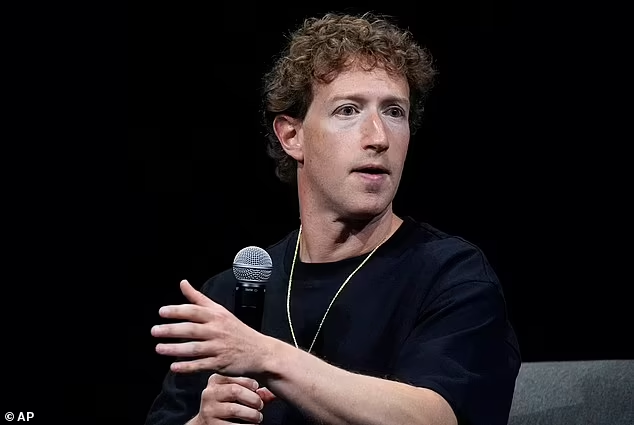Facebook parent company, Meta Platforms , announced a fresh wave of job cuts on Tuesday, March 14, as the US tech sector continues to downsize.
The announcement makes it the first Big Tech company to announce a second round of mass layoffs as the industry braces for a deep economic downturn.
In an email to employees, Meta Chief Executive Mark Zuckerberg talks about the advantages of a leaner organization and said Meta would shed 10,000 jobs over the next few months, targeting middle management, and that 5,000 other roles would remain unfilled.
The cuts follow a cull of 11,000 jobs announced by the company in November.
Meta said in a securities filing Tuesday that it expects to lower its annual expenses by roughly $3 billion from an estimated range it gave on February 1.

It now expects to spend a total of $86 billion to $92 billion this year, including the costs of its layoffs and restructuring, which it said could total $3 billion to $5 billion.
‘This will be tough and there’s no way around that. It will mean saying goodbye to talented and passionate colleagues who have been part of our success,’ Zuckerberg said.
The new round of cuts is likely to add up to roughly the same magnitude as those layoffs, The Wall Street Journal reported last week.

The first victims will be Meta’s recruitment department as the company officially puts an end to the hiring spree that came when big tech ramped up operations to meet high demand during the coronavirus pandemic.
In subsequent months, tech and business departments will also be affected and ‘in a small number of cases, it may take through the end of the year to complete these changes,’ Zuckerberg said.
In January, Zuckerberg warned that further pain was coming when he told analysts the company’s management theme for 2023 is the ‘Year of Efficiency’ and that he would focus on making the company ‘a stronger and more nimble organization.’
Meta’s share price shot up a further 5 percent after the announcement of the latest job cuts.
Meta’s CEO and founder said he ‘will make the organization flatter by removing multiple layers of management’ which would mean many managers will be ordered to become ‘individual contributors.’
Zuckerberg explained he was pleasantly surprised by the benefits of running a more tightly organized operation where ‘many things have gone faster’ with the elimination of lower priority projects.
‘A leaner org will execute its highest priorities faster. People will be more productive, and their work will be more fun and fulfilling,’ he said.












